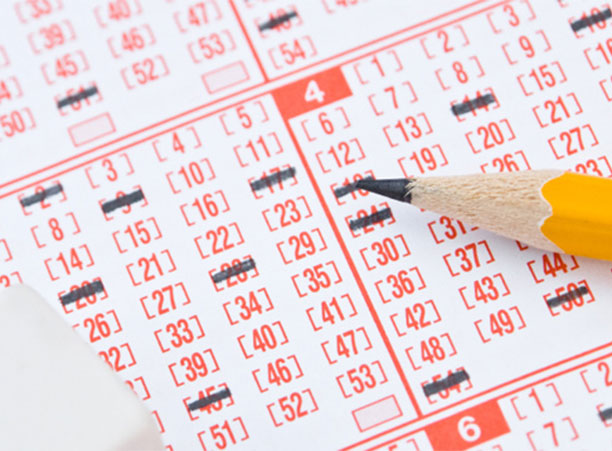 While most of America was out buying their tickets for the $1.6 billion Powerball jackpot, reporters were calling Victor Matheson, professor of economics at the College of the Holy Cross, for his expertise on the game, which resulted in Matheson being quoted in more than 250 stories in media outlets across the county.
While most of America was out buying their tickets for the $1.6 billion Powerball jackpot, reporters were calling Victor Matheson, professor of economics at the College of the Holy Cross, for his expertise on the game, which resulted in Matheson being quoted in more than 250 stories in media outlets across the county.
In three different CNN stories, Matheson talked about the odds of purchasing a winning ticket. There were 440 million tickets sold leading up to the previous drawing. According to Matheson “If you used those numbers, buying every combination, you'd guarantee yourself a victory, but you'd have just a 22% chance of buying the only winning ticket and keeping that jackpot all to yourself,” he told CNN. “You'd have a better chance (33%) of sharing with one other person or even two other people (25%). You'd also have a 12% chance of sharing it with three people and a 6% chance of splitting your winnings with four others.”
The story titled, "Could you guarantee yourself a Powerball jackpot?" garnered more than one million page views.
In another piece for CNN Money, Matheson talked about how Powerball entices the poor. According to the article, multiple studies in states such as Texas, Connecticut, South Carolina and Minnesota have shown that the majority of people who play instant lotto games have a below-average income. The reason? "Winning $5,000 on an instant game is a huge amount of money if you're struggling financially -- it can be life changing for someone just trying to get by," said Matheson.
In a story for CBS MoneyWatch, Matheson said about $1.6 billion of the Powerball sales probably will go to fund the payouts of jackpots, with states getting another $1 billion or so. “The rest of the money will be spent on administrative costs, advertising and retailer commissions,” explains Matheson.
In The Economist, Matheson explained that sales are much more sensitive to the size of the jackpots than to the likelihood of winning. “After a particularly big prize is won, there is a halo effect, whereby ticket sales remain high even though the jackpot has reverted to the norm. So lottery designers go to great lengths to boost the size of the big prize,” he said.
In between interviews on the lottery, he was also fielding calls from the New York Times Yahoo! News, and Fortune Magazine about the NFL trying to move a team to L.A.
Select Media Coverage
- CNN Money, Jan. 14: Can you improve your Powerball odds?
- Boston Globe, Jan. 13: More than half of Powerball tickets sold this time will be duplicates
- Fiscal Times, Jan. 13: What’s the Chance There Will Be No Powerball Winner Tonight?
- BBC World News, Jan. 13: US frenzy for world's largest lottery draw (No link available)
- Yahoo! Finance, Jan. 12: The $1.5 billion Powerball is everything that’s wrong with America